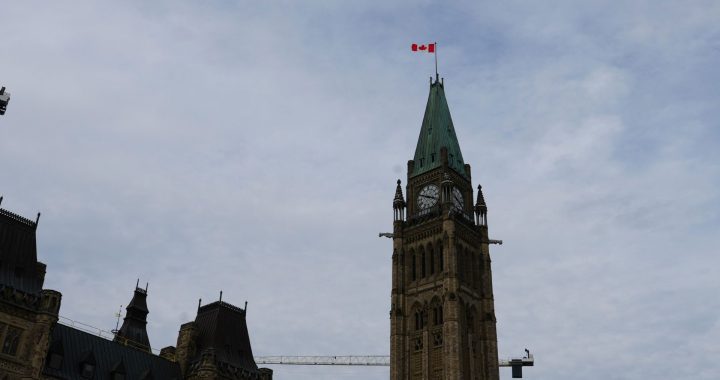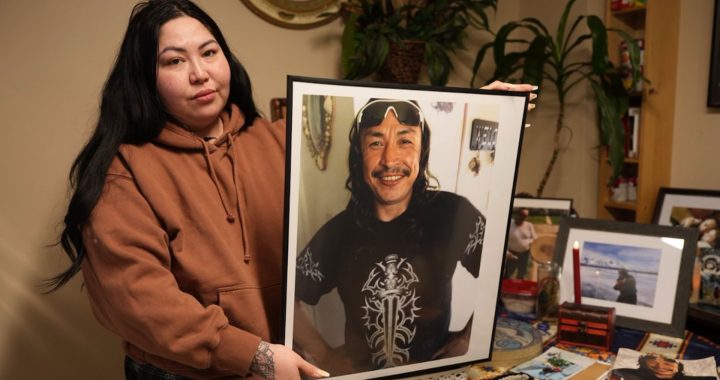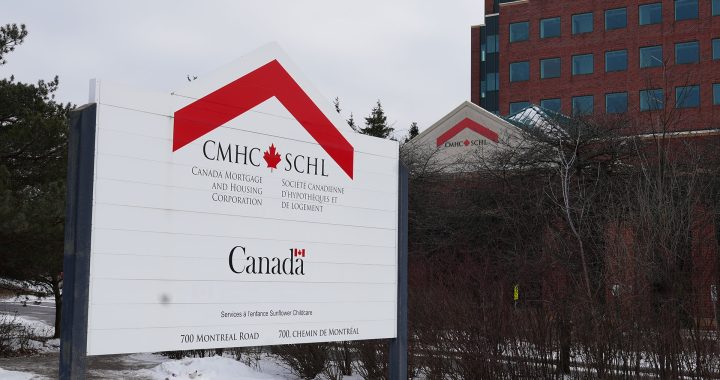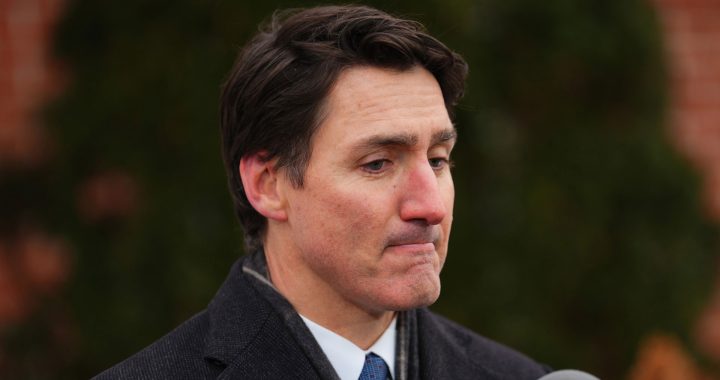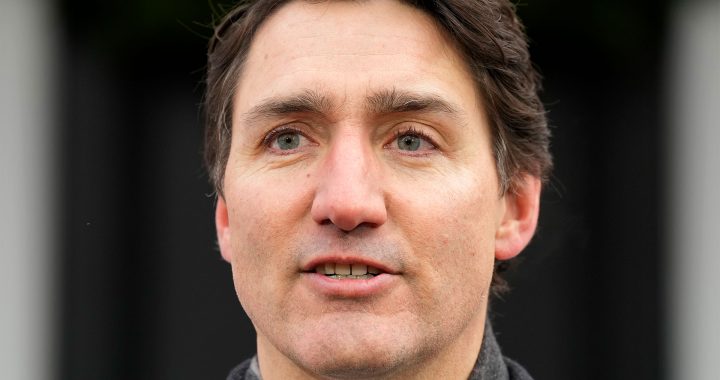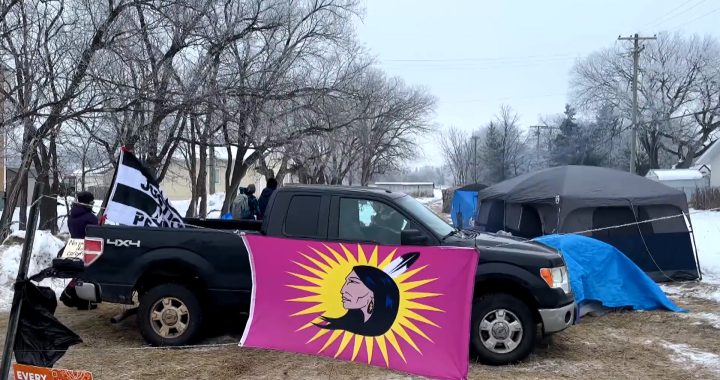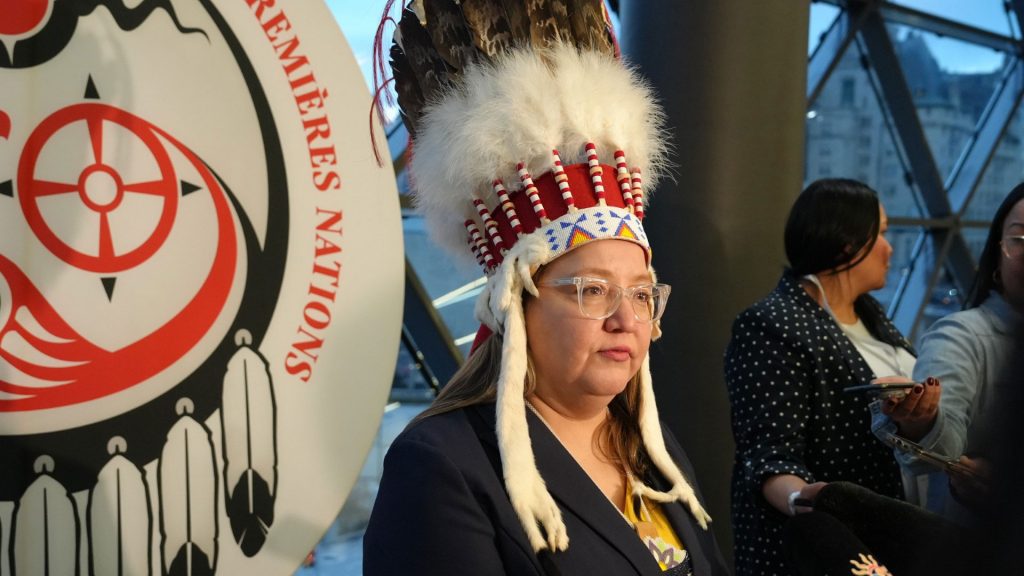
AFN National Chief Cindy Woodhouse Nepinak meeting with reporters at the end of day one on Dec. 3, 2024. Photo: Mark Blackburn/APTN.
The Assembly of First Nations says it has received notice from the federal government that its mandate on reforming the on reserve child welfare system “does not permit further negotiations at a national level,” despite calls from chiefs to do just that.
While the letter from the federal government was not shared on the AFN’s website, a response from National Chief Cindy Woodhouse Nepinak was.
Woodhouse Nepinak called the decision “disappointing.”
“The well-being of First Nations children and families remains our top priority, and we will continue to advocate for fair and equitable supports to ensure our children thrive, wherever they live,” she said in the online response. “The AFN Executive Committee will continue its discussions to determine how best to support First Nations leadership to pursue resolution to long term reform either through negotiations or litigation.”
According to the AFN, Canada “has indicated” that will negotiate with the Chiefs of Ontario (COO) and Nishnawbe Aski Nation (NAN).
“We support the Chiefs in these discussions, which have the potential to bring meaningful changes for children and families in Ontario. We lift up the dedication of the Ontario Chiefs in advancing this critical work,” said Woodhouse Nepinak.
APTN has reached out to the AFN and the Indigenous Services Canada (ISC) for details.
Chiefs outside Ontario rejected what is commonly called the Final Settlement Agreement to reform the child welfare system.
That agreement was negotiated after Canada was ordered to reform the on reserve child welfare system and Jordan’s Principle program after it ruled they were discriminatory. The FSA was supposedly worth $47.8 billion over 10 years.
It was struck down by the Assembly of First Nations in October when chiefs voted for a new negotiating team and what they called a more inclusive agreement with Ottawa.
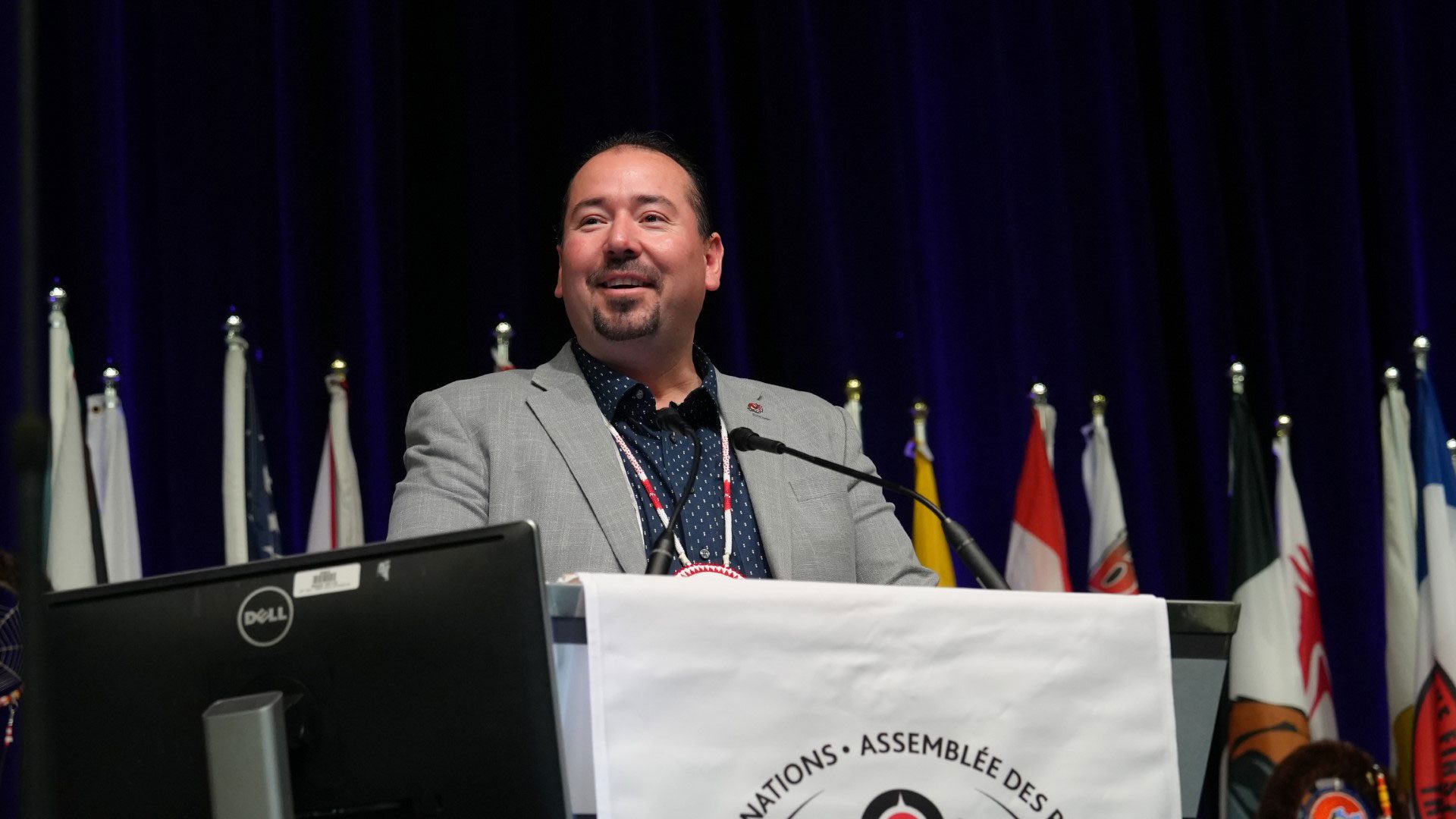
Meanwhile, chiefs in Ontario and Indigenous Services Minister Patty Hajdu announced Tuesday they will make a deal.
The COO, NAN and the federal government called the reforms outlined in a draft child welfare agreement “historic and transformative.”
They said they’ll work together to reach a final agreement within the existing provisions.
“Our priority continues to be reducing the number of First Nation children in the care of provincially mandated agencies,” said COO Chief Abram Benedict in a news release on Tuesday.
“Our communities will exercise their right to self-determination over how the FNCFS Program impacts communities in Ontario. Ensuring programs follow First Nation jurisdiction is paramount. Our mandate now is to ensure Ontario children and families thrive, enjoy cultural continuity, and enable the conditions for healthy communities to heal.”
First Nations leaders in Ontario, who helped to negotiate the deal and have standing in the human rights case before the Tribunal, maintained the agreement is the best solution to a decades-long child welfare crisis.
It would see First Nations take back control of a system the Tribunal ruled was discriminatory, provide money for prevention services to keep kids out of the system and allow for higher funding for more remote communities.
It’s not clear if negotiations on reforming the child welfare system will also include reforms for the Jordan’s Principle program.




